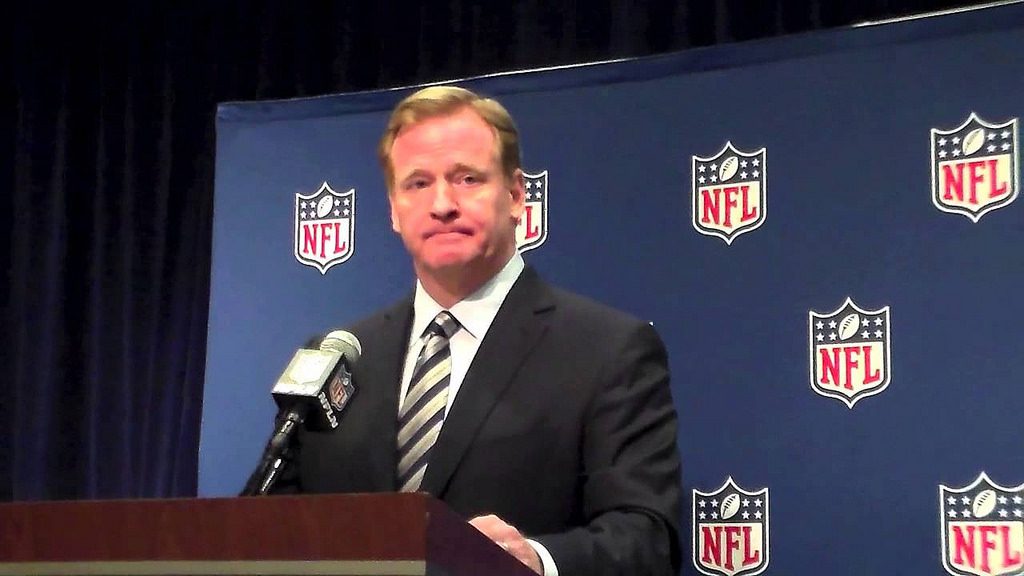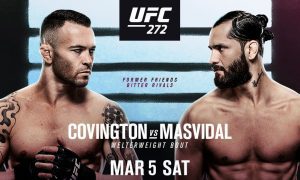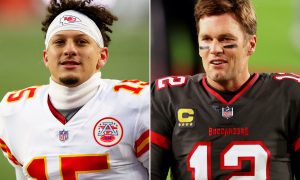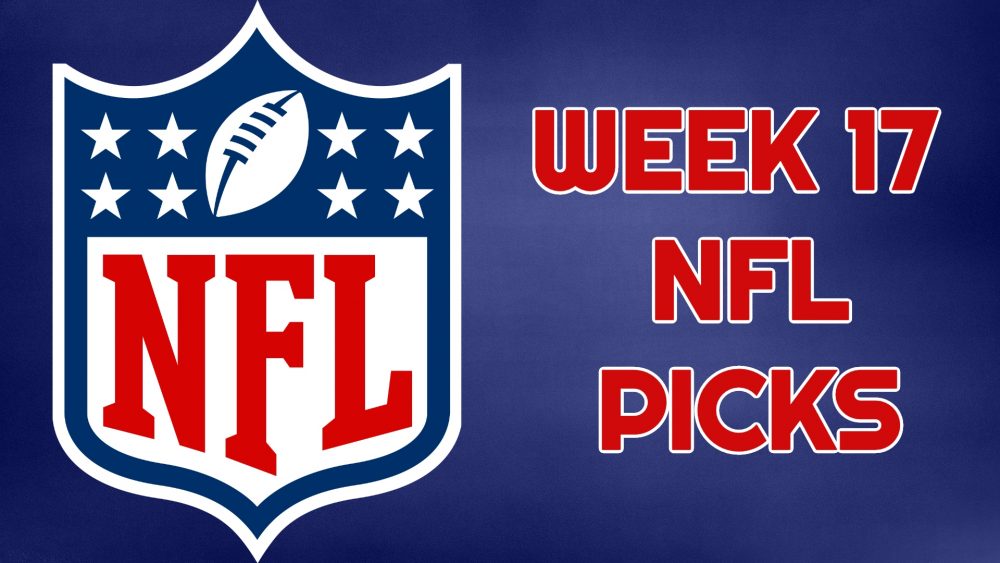
Image courtesy of Zennie Abraham/Flickr.
In the recent history of National Football League I have looked at each grievance between owners and players as objectionably as I can. I am technically a partial owner of the Green Bay Packers. I own a few shares in the franchise, and while this gives me little added insight or vested interest, the information has to be out there in the vein of full disclosure. The National Football League Players Association filed a grievance against the NFL on January 22 that challenges the adoption of a new personal conduct policy. The grievance looks to gain a cease and desist order preventing the NFL from implementing the policy that was adopted in December without input from the NFLPA.
The NFLPA is arguing that the new policy is inconsistent with the collective bargaining agreement that is currently in place with the union. The grievance illustrates 10 specific deviations from the CBA. These include (but are not limited to) new forms of discipline, new ways of determining disciplinary measures, and new probationary periods.
NFL spokesman Greg Aiello recently released this statement: “The league’s revised conduct policy was the product of a tremendous amount of analysis and work and is based on input from a broad and diverse group of experts within and outside of football, including current players, former players, and the NFL Players Association. We and the public firmly believe that all NFL personnel should be held accountable to a stronger, more effective conduct policy. Clearly, the union does not share that belief.”
Three very public court cases surrounding three all-star NFL players forced the NFL to take a hard look at their personal conduct policies. Public and sponsor pressure all but forced the leagues hand to take a hard stance on the matter. Ray Rice, Adrian Peterson and Greg Hardy are not isolated incidents; they are part of a much more troubling league wide trend.
Part of the job of the NFLPA is to protect the “best interest” of all players currently part of their organization. When the league came to the NFLPA asking for input in October, the NFLPA came back calling for another session of collective bargaining. The NFLPA presented their proposal to the league in November. The league presented their amended version of the policy to owners in December, where it was voted on and passed by NFL owners.
The NFLPA cited in their grievance that the ability of the league to put a player on “paid leave” while their case is going through the legal process is one of the inconsistencies. Call me crazy, but I imagine most of the players would be happy to receive their salary while in court on any charge, guilty or innocent of the crime. If nothing else it helps pay for the legal fees. The NFLPA seems to be fighting this because they can, not because they need to.
The union also cites the alteration of discipline based on whether a player seeks counselling, and the use of community service as a form of punishment as being inconsistent with the current league agreement. So the NFLPA doesn’t want to be suspended less time if they’re willing to show steps to alleviate the problem? These don’t sound like circumstances that would be adversely impacting the players that make up the NFLPA. If anything these changes are beneficial to the players.
The one thing the NFLPA might actually have a leg to stand on is the changes to the Commissioner’s involvement in the discipline process and the union’s ability to be involved in appointing a disciplinary panel, along with the addition of third-party advisers in the discipline process. Giving the commissioner increased power does seem a bit like putting all your disciplinary eggs in one basket. May some deity save the poor player that gets Roger Goodell on a bad day. I imagine that the NFLPA couldn’t file and win a grievance on this alone, so bringing up all the inconsistencies is likely the only way they can effect change, even if the inconsistencies are in their favor.
The problem is grown men and women who understand the world that we all live in are unable to find a way to compromise. The league was correct to reach out to the NFLPA and ask for support in crafting the updates. The NFLPA wasn’t wrong in suggesting that large-scale changes should go back through the collective bargaining process. Yet both sides are entirely wrong when it comes down to the nuts and bolts of this thing. The NFL shouldn’t be upset when they can’t agree with the NFLPA and decide to implement changes unilaterally without their consent. The NFLPA shouldn’t haul the league into court every time you don’t agree with a policy. Please find a way to work together so we can all enjoy the game.

















